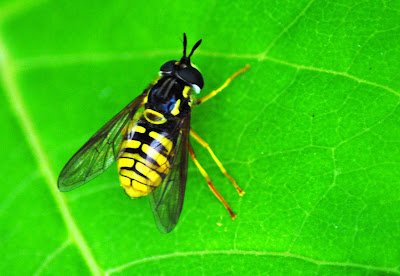This blog may help people explore some of the 'hidden' issues involved in certain media treatments of environmental and scientific issues. Using personal digital images, it's also intended to emphasise seasonal (and other) changes in natural history of the Swansea (South Wales) area. The material should help participants in field-based modules and people generally interested in the natural world. The views are wholly those of the author.
Tuesday, 30 September 2025
Monday, 29 September 2025
Sunday, 28 September 2025
Saturday, 27 September 2025
Sandwich Island Saga 46. Modern iteration
Modern fibreglass versions the the canoes used by Polynesians to reach the Hawaiian islands. Now used for sporting contests.
Friday, 26 September 2025
Thursday, 25 September 2025
Wednesday, 24 September 2025
Painful
Acetaminphen is known as Tylenol in the US and paracetamol in the UK. It's a non-steroidal pain-reliever and fever-reducing agent. Tylenol is thus a medication that can be safely taken by pregnant women. It doesn't interfere with their changing hormones. There's actually no reliable evidence, that taking this drug appropriately, causes autism in offspring. In spite of this, senior US politicians are insisting there's a link and that pregnant women should just "suck up the pain". Pet 'theories' lacking any evidence, is not how science works. Two things 1. A real theory is a hypothesis that's currently accepted by a majority of informed specialists and 2. Autism also probably reflects human neurodiversity (some autists are actually talented original thinkers). An additional attempt to link autism to childhood vaccination schedules is also based on zero reliable evidence. Perhaps throwing multiple 'causes' of autism into the arena is simply an attempt to bamboozle. Science isn't always right (advice changes as reliable information is added) but folk are likely to be damaged by relying on conspiracy obsessions.
Tuesday, 23 September 2025
Sandwich Island Saga 43
The picture emphasises the impact of humans on the unique flora and fauna of the Hawaiian islands. The state has apparently fierce requirements to restrict the accidental or deliberate introduction of problematic alien species. Groups or families have to complete a form, when entering. This, however, has been (and is) a distinctly porous exercise only applying to certain animsls, plants and soil samples
Monday, 22 September 2025
Sunday, 21 September 2025
Saturday, 20 September 2025
Friday, 19 September 2025
Thursday, 18 September 2025
Wednesday, 17 September 2025
Subscribe to:
Comments (Atom)
-
I n the UK and US, a pparently popular and successful vegan/vegetarian restaurants are reportedly closing or adding meat to their menus ( ...
-
Early ripening fruit may seem convenient but some folk think it confirms environmental stress. There's also a possibility th...



















































%20mating%20NWCW.jpg)

